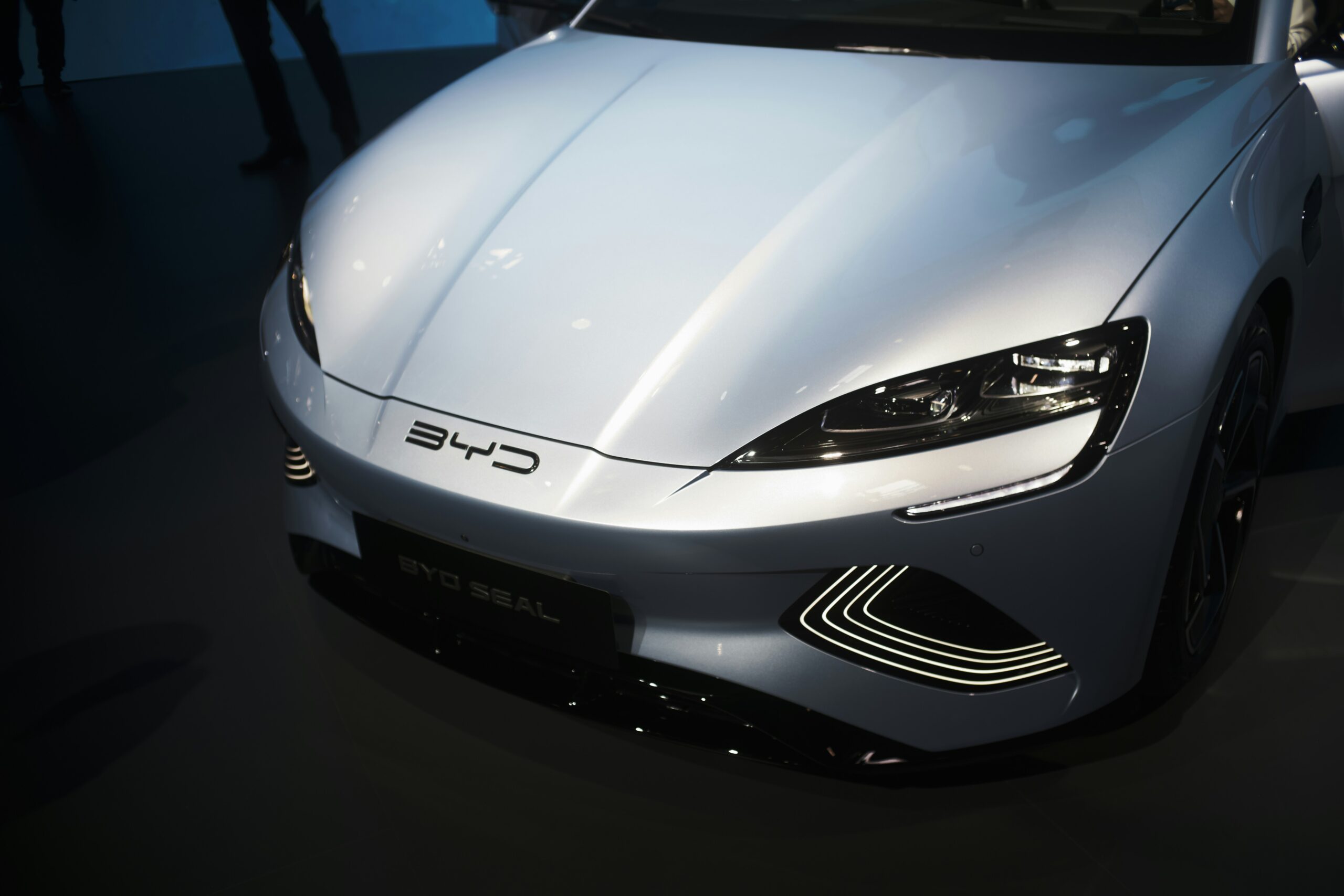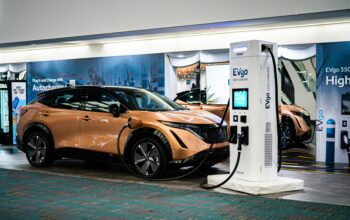Uzone.id – The development of the electric car industry is growing faster as time goes by. However, this condition is not the same in every country, but several countries can adopt electric cars more quickly than others.
According to Cleantechnica, the growth of electric vehicles is usually caused by reduced operational costs, improved technology, and support from local governments. Globally, 10 percent of passenger vehicles sold in 2022 will be pure electric vehicles. Even though it is still small, this number has increased 10 times compared to five years ago.
Some countries are switching to electric cars in impressive percentages. The top 5 countries with the highest share of electric car sales are Norway which has reached 80 percent of passenger vehicle sales. Then followed by Iceland which has adopted 41 percent of electric cars, and Sweden which has adopted 32 percent of electric cars.
In fourth position is the Netherlands which has been able to adopt 24 percent electric cars compared to conventional passenger cars. Meanwhile, China occupies fifth place with an adoption of 22 percent compared to conventional cars.
“Norway continues to be a global leader in EV adoption, with 91.3% of all new cars sold in 2023 being electric. This shows the country’s strong commitment to sustainable transport,” said Torstein Tveit, Senior Analyst at IEA.
Meanwhile, large countries such as the United States have only adopted 6 percent of electric cars and the European Union has only adopted 12%, China is very important on this list, considering that this country is the largest car market in the world. Thus, the possibility of China switching to electric cars certainly has an even greater percentage.
“China experienced the world’s highest annual growth in electric car sales in 2023, with a 100% increase compared to 2022. This growth was driven by a combination of factors, including supportive government policies, increasing choice of EV models, and developing charging infrastructure,” said Ming Ming, Principal Analyst at Upstart Auto
If looked at globally, the electric car market needs to grow to 75 percent to 95 percent of conventional car sales by 2030 to meet international climate goals to limit global warming.
The projection is that this target can be achieved considering the recent exponential growth in electric car sales. It is recorded that the average annual growth of electric cars is 65 percent in the last five years, meaning the world needs an average growth rate of 31 percent for the next few years.
Helping the world transition to electric vehicles depends heavily on the performance of the three largest car markets namely China, Europe, and the United States which are collectively responsible for 60% of all global car sales. All three markets have seen huge increases in electric vehicle sales in recent years.
The experiences from Norway and China can be a lesson for other countries. Both countries have governments that have consciously chosen to promote electric vehicles, invested in public chargers, and implemented policies to make electric vehicles cost-competitive. Electric vehicle adoption is growing rapidly as electric vehicles become a better financial decision for prospective car buyers than traditional gas or diesel-powered vehicles, especially when buyers are confident in the vehicle’s range and their ability to easily access public chargers.
However, it should be noted that the transition to electric vehicles must be carried out fairly. The government should provide incentives to car manufacturers to produce more affordable electric vehicle models. If subsidies are used, they should be targeted at low-income households, which apart from being fair is also more effective in increasing the adoption of electric vehicles, considering that low-income households are more sensitive to price changes.
Rapidly increasing electric vehicle adoption to reach 75% to 95% of global passenger vehicle sales by 2030 will be a challenge, but it is achievable if the world heeds these lessons and keeps up with today’s rapid pace of change.















